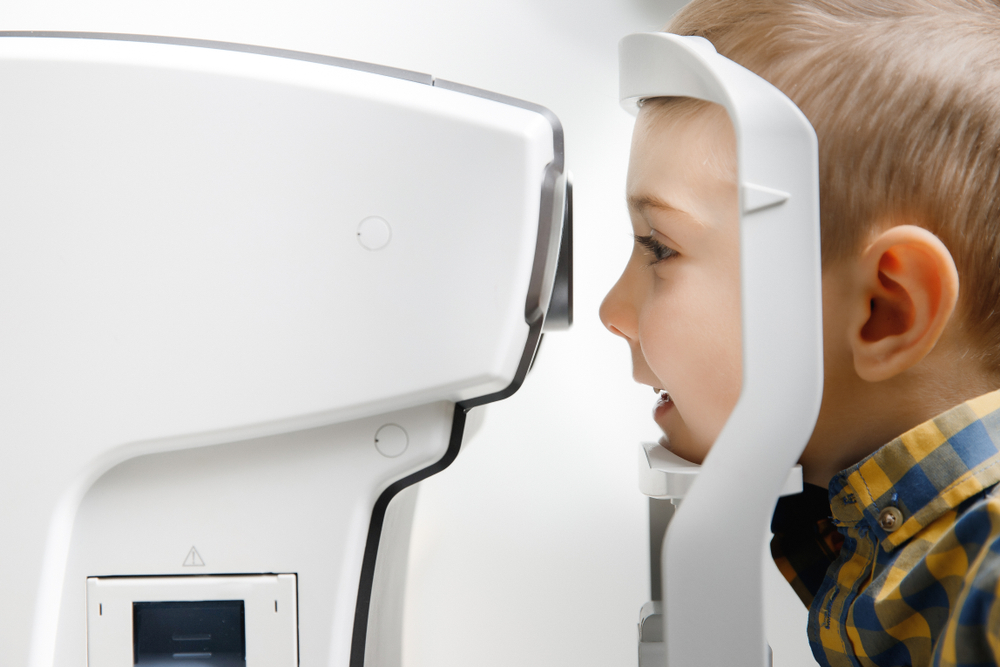
Pediatric eye care is a branch of medicine that focuses on assessing and managing vision problems in children. It's not just about treating eye diseases or prescribing glasses. It's a comprehensive approach that involves regular eye exams, early detection of potential issues, and proactive treatment plans to ensure your child's vision develops normally and healthily.
Good vision is crucial for a child's physical development, academic success, and overall well-being. Children often don't realize they have vision problems, so it's up to us, as parents, to ensure their eyes are in good health.
What are the Signs Your Child May Need an Eye Exam?
Vision problems in children can manifest in various ways, and it's key to look out for the signs that your child may need an eye exam. These signs could range from apparent physical symptoms to subtle behavioral changes that might indicate a vision problem.
Physical symptoms could include squinting, frequent eye rubbing, sitting too close to the TV, or holding a book too close to their face. Headaches and complaints about things being blurry or hard to see are also telltale signs.
Behavioral changes can be a bit harder to discern but are equally important. These might include a drop in academic performance, loss of interest in activities they once enjoyed, or frustration and irritability. These changes can often be attributed to vision problems, making it vital to schedule an eye exam if you notice any of these signs.
When Should Your Child Have Their First Eye Exam?
The question of when your child should have their first eye exam is common among parents. The American Optometric Association recommends that a child's first eye exam should be at six months of age. This may seem early, but it's crucial to catch any potential problems at the earliest stage possible.
The first eye exam will check for common infant vision problems, such as strabismus (crossed eyes), amblyopia (lazy eye), and other congenital eye conditions. If any issues are detected, early intervention can significantly improve the outcome.
After the initial exam at six months, your child should have their eyes examined again at three years of age, and then just before they start school, around age five or six. These exams are crucial to ensure that your child's vision is developing normally and that they are ready to meet the visual demands of school.
The Frequency of Eye Exams in Childhood
Beyond the initial eye exams, it's advisable to continue regular eye check-ups throughout childhood. Children should have their eyes examined annually, especially if they already wear glasses or have other eye conditions that need monitoring.
Regular eye exams are necessary because children's eyes can change rapidly as they grow. An eye prescription that was perfect a year ago might not be adequate today. Regular check-ups ensure that your child always has the correct prescription.
Make Pediatric Eye Care a Priority Today
Making pediatric eye care a priority is a crucial part of ensuring your child's healthy development and well-being. Regular eye exams play a significant role in early detection and treatment of vision problems, contributing to your child's academic success, physical development, and overall health.
Don't wait for a problem to arise before scheduling your child's first eye exam. Make pediatric eye care a part of your child's routine healthcare from an early age. It's a small step that can make a big difference in their life.
If your child is ready to see an eye doctor, visit Advanced Vision Family Eye Care at our office in Bellingham, Washington. Our knowledgeable and compassionate staff is focused on enhancing and preserving vision to improve the quality of life for the whole family. Please call (360) 526-0075 to schedule an appointment today.








